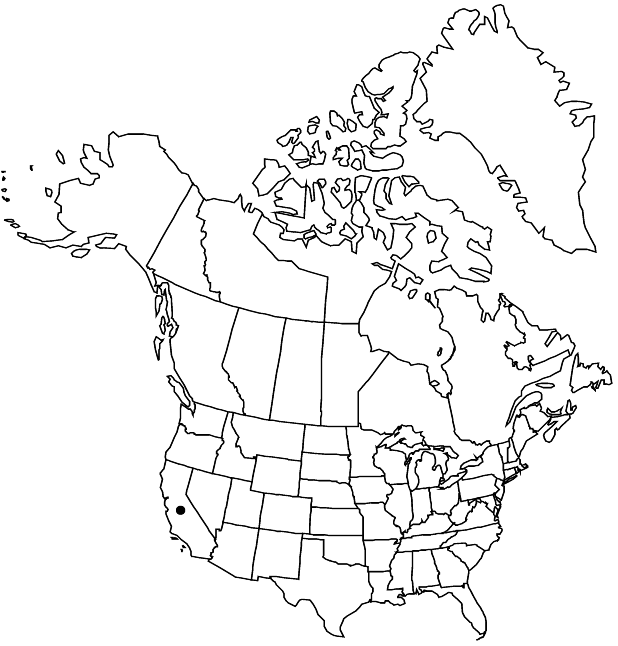Arctostaphylos catalinae
Madroño 19: 193. 1968 ,.
Shrubs or trees, erect, 2–5 m; burl absent; twigs densely glandular-hairy with long, white hairs. Leaves: petiole 2–6 mm; blade green-glaucescent, dull, lanceolate-ovate to elliptic, 2–5 × 1.5–3 cm, base truncate to ± slightly lobed, margins entire or ± serrate, plane, surfaces papillate, scabridulous, glandular-hispid. Inflorescences panicles, 4–10-branched; immature inflorescence pendent, branches ± spreading, axis 2–3 cm, 1+ mm diam., densely glandular-hairy with long, white hairs; bracts not appressed, (overlapping on distal 1/2, green), leaflike, lanceolate to narrowly ovate, 6–10(–15) mm, apex acute, surfaces sparsely glandular-hairy. Pedicels 2–5 mm, densely white-hairy. Flowers: corolla white, conic to urceolate; ovary densely white-hairy, sparsely glandular-hairy. Fruits globose, 8–15 mm diam., sparsely hairy. Stones distinct. 2n = 26.
Phenology: Flowering winter–early spring.
Habitat: Chaparral, open woodlands
Elevation: 0-500 m
Distribution

Calif.
Discussion
Of conservation concern.
Arctostaphylos catalinae is known from Santa Catalina Island.
Selected References
None.